Know What a Dental Emergency Looks Like & When to Call a Dentist
Know What a Dental Emergency Looks Like
Many people remain oblivious about the state their oral health is in until it is too late. Unfortunately, many dental problems become severe if left untreated and sometimes cause additional health concerns. Due to this, accurately identifying what constitutes an actual dental emergency has become crucial. Generally, a dental emergency is classified as a situation wherein your life is in immediate danger.
A few conditions and diseases can negatively affect your teeth’ health. Not all issues are considered minor; some are more serious than others and may require urgent professional care to resolve them. But before calling your medical provider in the middle of the night, it is critical to identify if your situation is considered a dental emergency.
What constitutes a true dental emergency?
Different situations can all be considered dental emergencies. To constitute your case as an emergency, you must be presenting symptoms that drastically affect your life negatively. Once you confirm your situation to be a dental emergency, seek medical assistance immediately.
For people getting unusual and inconsistent symptoms, continue reading to know how to resolve all the issues you may have with your dental situation.

Symptoms of a dental emergency
Some universal symptoms of a general dental emergency include lost fillings, broken jaw, excessive bleeding, and more. If you are experiencing any or all of these symptoms, go to the emergency hospital or see a dental practitioner immediately.
It is important to remember that there are two major classifications for dental issues. First, urgent dental procedures are not as time-sensitive as emergency dental care. Urgent dental procedures are precisely what their name suggests. They are various situations that need to be addressed urgently, though not instantly. It will not constitute an emergency unless one or more of these symptoms persists:
- gum injury that is causing immense pain
- abscess
- fractured jaw
- lost filling
- incompletely uprooted tooth
- emergency tooth extraction
These are the most prevalent symptoms found in many dental emergencies. Therefore, it is recommended to seek professional help to get an accurate diagnosis and avoid aggravating the situation with an incorrect solution.
Tip
To be sure that what you are going through is a dental emergency, consider the questions below:
Did you lose a tooth?
There could still be a chance to save the tooth, but it may need immediate treatment.
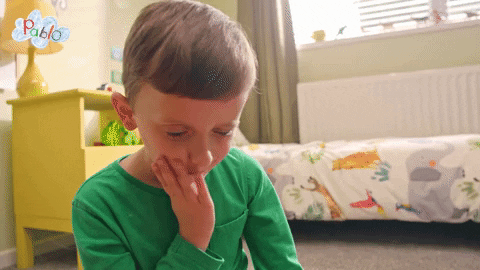
Are you in intense pain?
Excessive bleeding and intense pain are clear signs that it is time to seek professional medical assistance.
Are you suffering from an infection?
Inflammation and swelling of the gums or face are common signs of an infection. However, a severe infection or an untreated abscess can be lethal and should receive medical attention urgently.
Do you have a loose tooth?
Even though it is not causing you any troubles or pain, a loose tooth can be a symptom of a severe underlying condition.

Taking care of your oral health
In some cases, medical professionals may prescribe you antibiotics or offer alternative medical options – like a natural mouthwash or a saltwater rinse. But, again, it will depend on the situation and the gravity of your injury or disease. Most dental-related conditions can be treated with less intrusive medication at the beginning stages.
Common dental problems
If you are suffering from these common dental problems, here are some first-aid solutions until you can see a medical professional.
Knocked-out tooth
A knocked-out tooth can still be saved but requires a precise and immediate solution. Here is what you need to do:
- Carefully pick up the knocked-out tooth by the crown (the top part); you mustn’t touch the root.
- Put the tooth under running water.
- Try reinserting the tooth into its socket. But if it is not possible, put it in a glass of milk and see a dentist as soon as possible.
Chipped tooth
A chipped tooth is not as simple as it may sound. More often than not, a chipped tooth will not hurt and does not require immediate medical attention. However, you need to take extra precautions when chewing to avoid worsening the damage.
A crack on your tooth is a sign of a bigger problem. It usually means that the damage extends to the inside of your tooth and not just the outside. Unfortunately, there are instances wherein the crack is so bad that saving the tooth becomes impossible.
If the crack on your tooth is causing you pain, contact your dental care provider immediately. As you wait for your appointment, you may do these steps:
- Gargle warm water.
- To help reduce any swelling, apply a cold compress to your cheek.
- You may take acetaminophen if the pain becomes unmanageable.
- Do not use painkillers or numbing gels; however, it may damage your gums.
To know the extent of the damage, a dental x-ray may be required. If the tooth pulp has been damaged, you will need a root canal to address the issue. But if it is not, just a crown replacement will do.
Abscess
A dental abscess counts as a dental emergency. An abscess in your gum is caused by a pocket of pus causing infection. It can potentially be life-threatening, so it is important to take this injury seriously. Tooth abscess usually comes with a myriad of symptoms, such as tooth sensitivity, tender lymph nodes, high-grade fever, persistent toothache, swelling of the face, and bumps on the gums.
You may gargle with salt water to help draw the pus to the surface before going to a dentist.

How do you prevent dental emergencies?
The most effective way to prevent dental emergencies is to take good care of your oral health. Practice good dental hygiene by brushing your teeth at least twice a day and flossing at least once daily. In addition, make it a habit to visit your dental care provider for routine checkups to ensure that your oral health is at its best and to give immediate resolution to any minor problems.

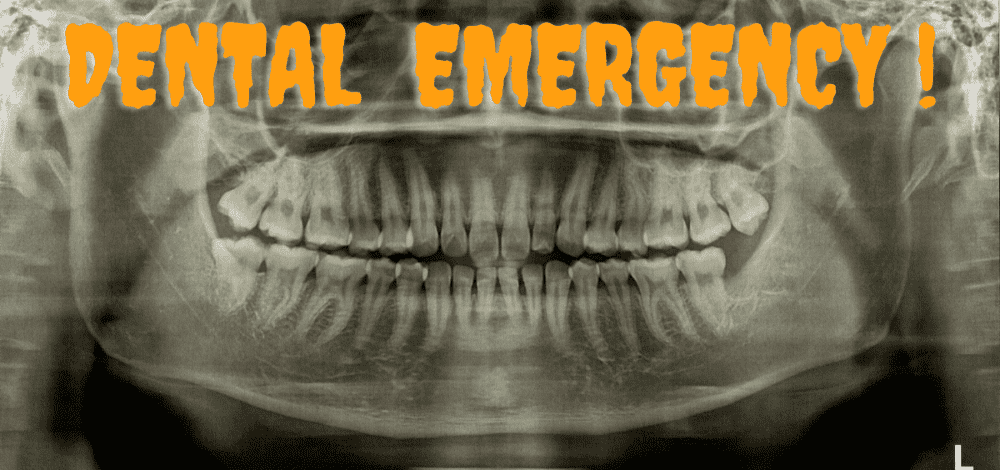
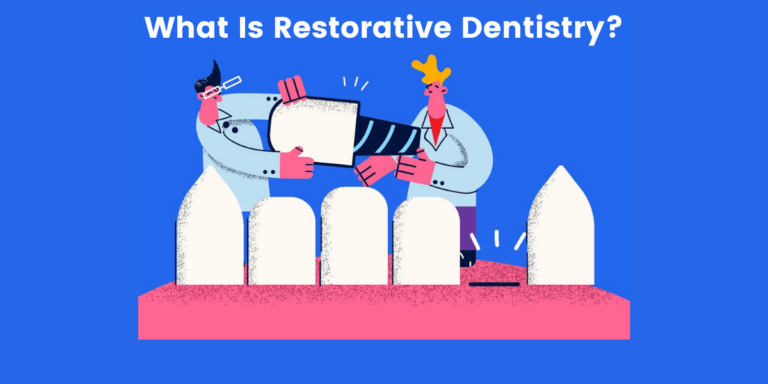
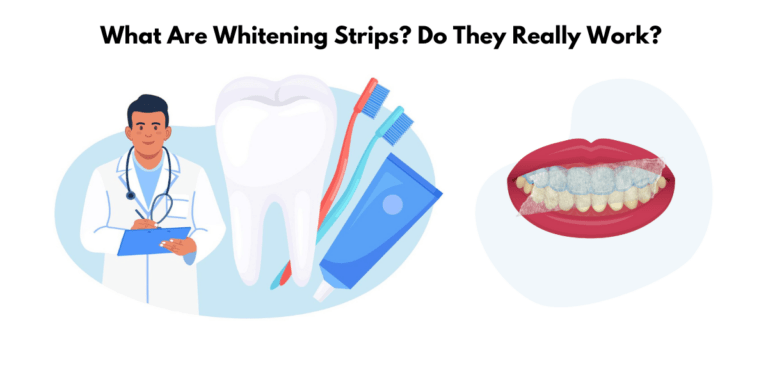

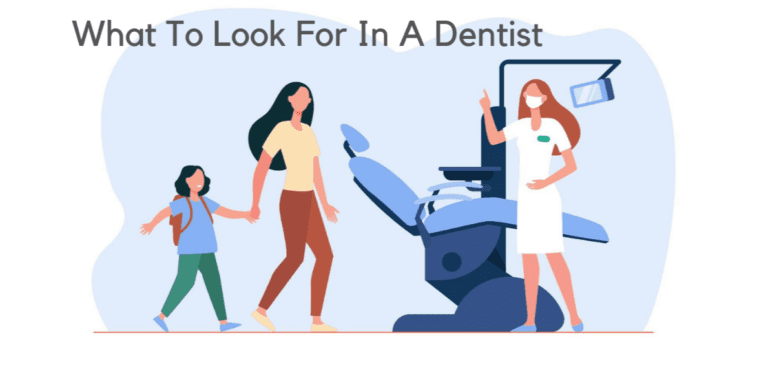
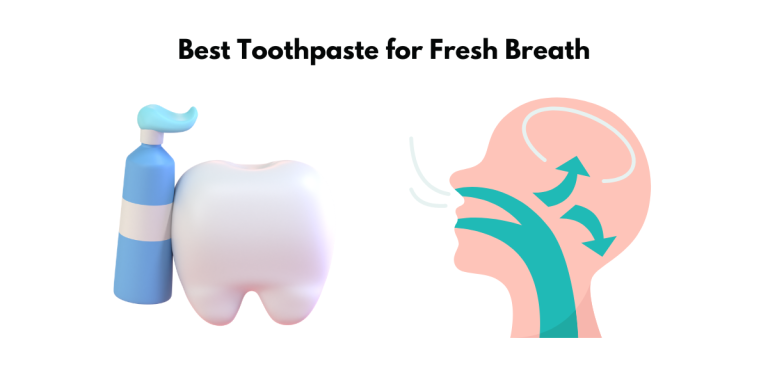
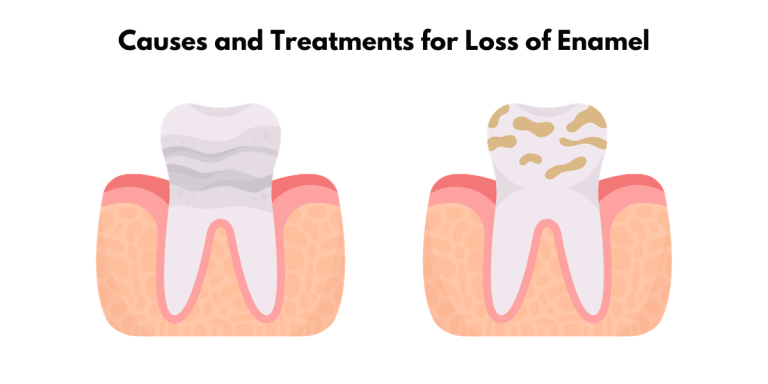
Gum injuries being classified as a dental emergency really helped to read. I’ve since wondered why my gums end up hurting a lot out of nowhere, and what I could do about it. I’ll make sure I have a dental emergency expert ready to call when I experience those gum injuries again so I can find out how to prevent it further.